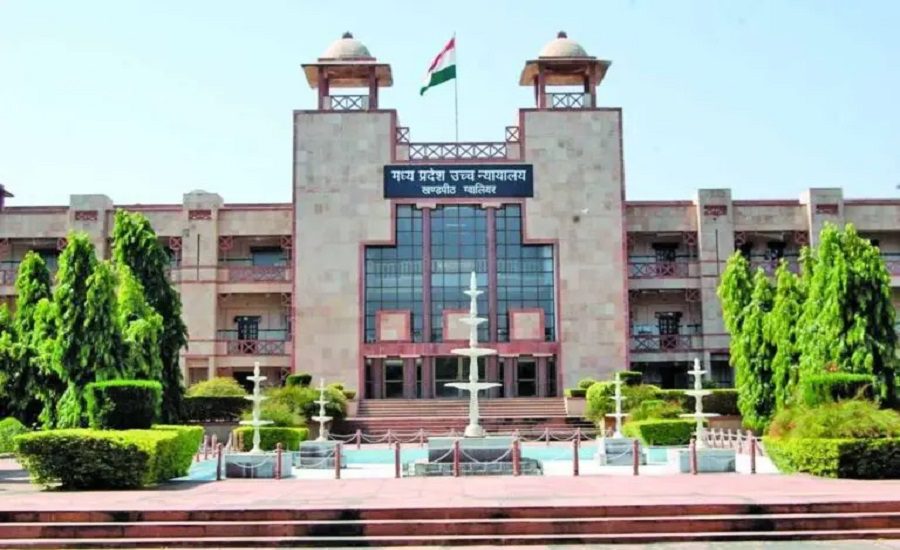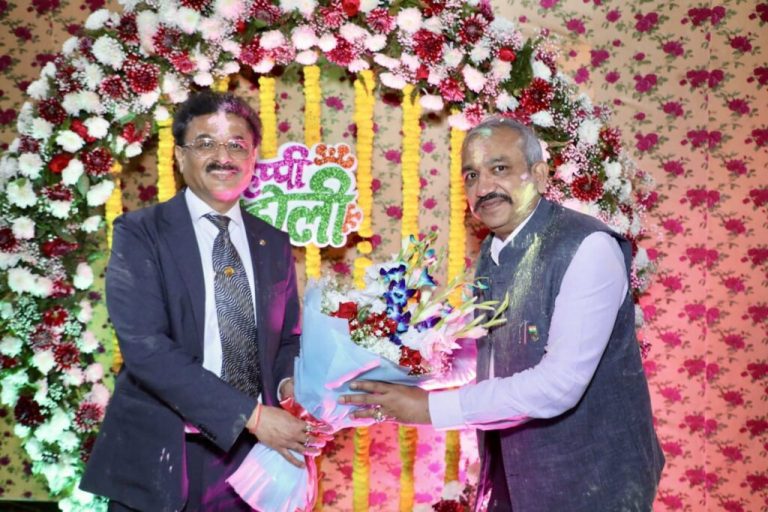Bhopal: In a significant ruling, the Madhya Pradesh High Court affirmed the right of an 18-year-old girl to pursue her studies and civil services ambitions. The Division Bench of chief justice Sanjeev Sachdeva and Justice Vinay Saraf recognised her as a “bright child” who wishes to further education and appear for a public-service exam.
Background of Madhya Pradesh High Court Right to Education
The case arose from a writ petition filed by the petitioner (her father) under WP No 13779 of 2025 against the State. The girl (referred to as “corpus” in the judgment) had left home stating parental insistence that she discontinue studies, while she wished to join public services.
On June 26, 2025, the bench directed that the status report be filed in the registry and the State be asked to intensify tracing of the girl and check whether she had taken admission in a university.
Key Developments: Girl Produced Before Court
On November 6, 2025, the girl appeared before the Court, declaring she was just over 18 years of age, left home due to “difficulty at her own house”, and officially decided to study further. The parents expressed willingness to take her home but she was reluctant.
Subsequently, on November 12, 2025, the Bench produced her again. She clearly expressed the desire to stay at her parents’ house but constrain continuation of her studies and prepare for the civil services exam. Her father assured of support, continuity and care.
Mentorship & Court Directions
Recognising the girl’s ambition and rights, the Court issued the following directions:
- The girl (corpus) is allowed to return to her parents’ home, consistent with her expressed desire.
- The Court requested Bandana Preyasi, IAS, Secretary, Social Welfare Department, Patna (stationed at Muzaffarpur) to act as mentor and guide to the girl “to whom she can look up to and also take assistance, if so required.”
- The Investigating Officer was directed to return the articles seized from the petitioner once the corpus has been traced and returned home.
Significance for Right to Education & Youth Ambitions
This decision reinforces the principle that young individuals have the right to continue their education and pursue ambitions, including for civil services, even if familial or household pressures push otherwise.
The Court’s recognition of mentorship by a senior IAS officer adds a proactive support structure — enabling the student not only the right to study but also access to meaningful guidance.
It marks a progressive judicial mindset aligning with the broader doctrine of the Unni Krishnan v State of A.P. (1993) judgment-strand on the Right to Education and adds an empowering dimension for young girls in India.
Importance of Madhya Pradesh High Court Right to Study Ruling
- It underlines the judiciary’s role in safeguarding student welfare, especially when household or parental pressures obstruct academic goals.
- By appointing an IAS-mentor, the Court ramps up practical support, not just legal recognition.
- The ruling may serve as a precedent to strengthen mechanisms where youths seek higher education or public-service lines despite facing resistance.
- For aspirants of competitive exams (eg. civil services), especially from under-privileged or constrained homes, this ruling brings hope and visibility.
Way Forward
- Monitoring the girl’s admission status in a university or preparatory courses for the civil services exam will be critical. The Court’s earlier direction already asked for checking of admission.
- The role of the mentor (Bandana Preyasi, IAS) will be under watch: how mentorship unfolds and sustains the student’s ambition.
- The wider implication: other high courts may pick up similar cases and issue proactive orders for mentorship and educational support for minors or young adults.





























